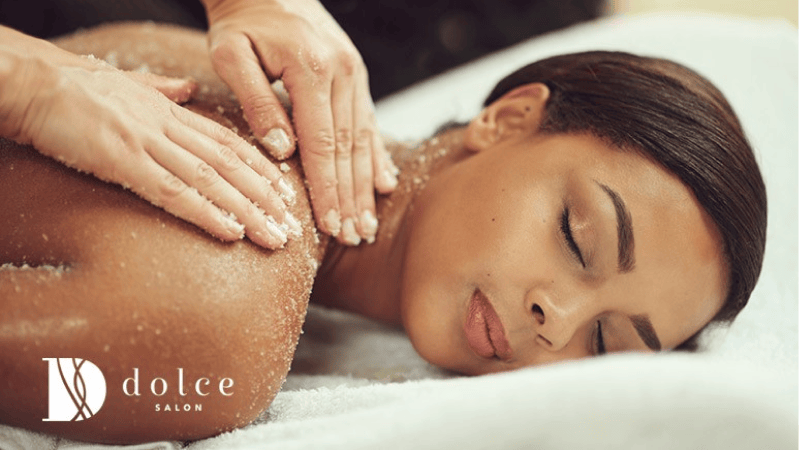
BHA? AHA?
If you don’t speak chemistry, we’ll give you the "Cliff’s Notes" on skin care acids for exfoliation.
It’s 2018 and that means it’s time to update your skincare routine. If you don’t exfoliate, it might be time to start--especially with these harsh winter conditions. Exfoliators slough away dead skin cells to give your skin a healthy glow. This can also aid in minimizing acne, pigmentation, and uneven skin tone.
There are many different types of exfoliation products out there, but we want to share one of our favourites: skincare acids. That might sound scary but you may have even heard of alpha hydroxy acid (AHA). There are three main types: alpha, beta, and polyhydroxy acids.
These old-school acids are a skincare standby for many people. They dissolve the uppermost layer of dead skin cells and can even lead to better moisture levels. There are two main AHAs, lactic and glycolic acid. Because glycolic acid molecules are smaller than lactic acid molecules, they can penetrate the skin better for a deeper clean. However, if your skin is sensitive you may prefer to use a glycolic-acid-based exfoliator.
AHAs are recommended for oily skin.
Beta hydroxy acids work in the same way as AHAs but their molecules are even smaller. This means they can penetrate deeper into the skin and dissolve even more dead skin cells. They can also penetrate oil glands to reduce sebum and acne breakouts. Salicylic acid is the main type used in BHA skin care products. Because they go deeper into the skin, they can cause more irritation, so you may need to try different percentages of BHA to find the product that works best for you with the least irritation.
BHAs are recommended for acne-prone skin.
2018 has seen PHAs burst onto the scene. Polyhydroxy acids are similar to AHAs and do not go as deep as BHAs. Their molecules are even larger than glycolic acid, making them especially suitable for dry or sensitive skin.
Let us know on social media what your favourite skin care products are!
Do you use skin care acids in your exfoliators?